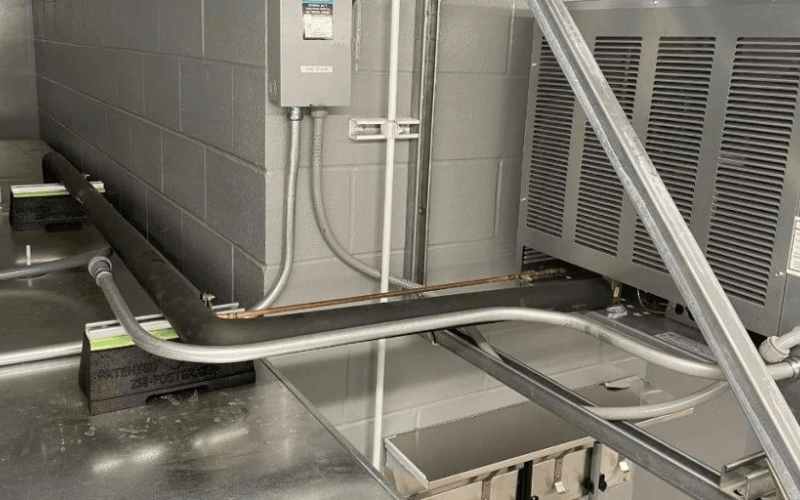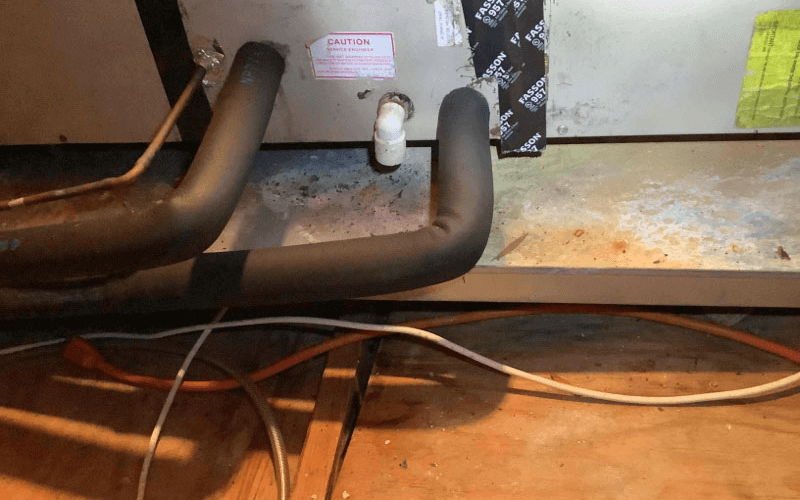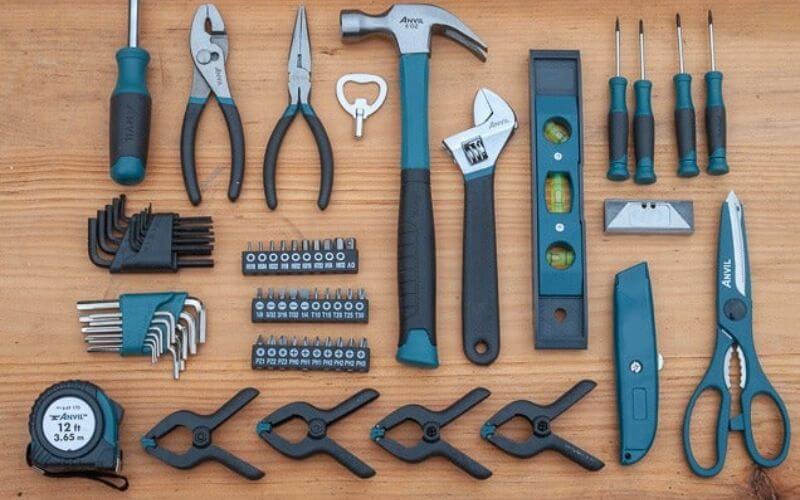Is your water bill recently increased? Do you think the rise is due to your water heater? If your water heater breaks down, gas and electricity bills may increase. If your electric water heater is bad, your electricity bill will rise because it consumes more energy.
Table of Contents
ToggleIf the water heater is powered by natural gas and consumes more energy than necessary due to a flaw, the gas bill will rise. If the water heater is not properly insulated, it may increase heating bills.
A faulty water heater is being investigated as a possible source of unusually high water bills. We’ll also tell you how to avoid such problems in the future. Consider how a broken water heater would impact your monthly water cost.
What Impact Does a Faulty Water Heater Have on Your Electric Bill?
The following are the top five reasons for high energy bills caused by a damaged or inefficient water heater:
Insulation.
The usage of a duty cycle is very popular in electric water heaters. This signifies that there is enough time to heat all the tank’s water to the necessary temperature. Whether the electricity is still on or off makes no difference because the heating element will turn off.
A good water heater will do its best to keep the water temperature stable for as long as possible, but no insulation is perfect. Even so, the water temperature will progressively decline, necessitating a restart of the heating element.
Hot water will cool too quickly if your water heater is not properly insulated. To keep the water at the desired temperature, the water heater element must work harder and for longer periods.
Expect an increase in monthly electricity expenditures if your water heater is improperly insulated.\
Also, Read: Can A Leaking Water Heater Be Repaired
Inefficient Heat Source.
An electric current preheats the heating element of the water heater tank, which is made of metal.
This element may need to operate for longer for water to reach the desired temperature if its effectiveness diminishes due to various factors, such as cracks in the element or calcium accumulation.
You can find instructions for safely removing and inspecting the heating element on YouTube. If you discover calcification or cracks in your water heater, you can save money by replacing the $20-$30 heating element instead.
Leaking Water Heater.
When an electric water heater leaks, cold water is fed into the tank constantly, and cold water continuously fills the water heater tank, lowering the temperature. To keep the water warm, the heating element must be turned on for longer, if not always.
The leaking water heater may increase electricity consumption and higher monthly expenses. There is always the possibility of a leak, either when hot water is released or within the water heater. A defective water heater can increase both energy use and effluent.
Also, Read: Can A Water Heater Leak Gas
Overheating.
The Thermostat determines whether or not the heater is turned on. It does this by monitoring the water temperature and cutting power if it rises beyond a predetermined threshold, then resuming power when it falls below that threshold.
If the thermostat fails, the heating element may be left on at potentially fatal temperatures for an extended period. When the element reaches its maximum safe temperature, it automatically switches off.
Turning on a hot water faucet without also turning on the cold water is bad since the heated water will make the cold water even hotter. Internal pressure rises when the tank’s water heats up. If this occurs, the tank’s internal pressure may trigger an explosion or a leak.
That’s why a pressure relief valve is installed. It will release on its own if enough pressure is applied. To avoid an explosion, the tank’s pressure can be reduced. After a few years, rust and accumulation on the valve’s internals may render it unusable under pressure. Always check the thermostat before assuming the water temperature is normal.
Error Timer.
It’s a common misconception that always leaving the hot water on would lower your energy bill. Turning on and off the water heater to get hot water wastes the appliance’s capacity. Here, a simple toggle switch will be enough. One option to save money is to install a timer on your water heater.
You may tell your smartphone to turn on the heat an hour before leaving work. This can be assisted by scheduling or high-tech WiFi water heater timers.
If you have a timer on your water heater, it may not shut off when expected. Checking the timer and the water heater can inform you if the appliance is being turned on and off at the correct times and if something is wrong with your routine.
Conclusion.
Repairing or repairing a broken water heater is usually better than ignoring it and risking a high power bill. The top five ways an inefficient electric water heater can raise energy expenditures are listed above. If your water heater takes longer than usual to heat water, or if it does heat, it is not as hot or as plentiful as usual, you should look into the five issues below. Because of the possible savings, a professional inspection of your water heater is suggested.
FAQ.
What can go wrong with a faulty water heater?
One of the dangers of a broken water heater is that it can produce irregular and rapid temperature variations. This occurs when water is not adequately warmed up and quickly becomes overly hot, sometimes very quickly. Scalding water is not only dangerous, but it can also be lethal.
Does turning down your hot water heater save you money?
When set too high, or at 140oF, your water heater can waste between $36 and $61 per year in standby heat losses.
The decreased consumption temperature will result in additional savings (from water demand or use in your home, such as clothes washing, showers, and dishwashing). These might total more than $400.
How can I lower my water heater’s energy consumption?
- Reduce the temperature on your thermostat.
- Purchase a Tankless Water Heater.
- Ascertain that you are using the proper-sized water heater.
- Keep an eye on the sediment in your tank.
- Insulate the water tank and the pipes.
- Insert a Volt Timer.
- Reduce the amount of hot water you use.





















